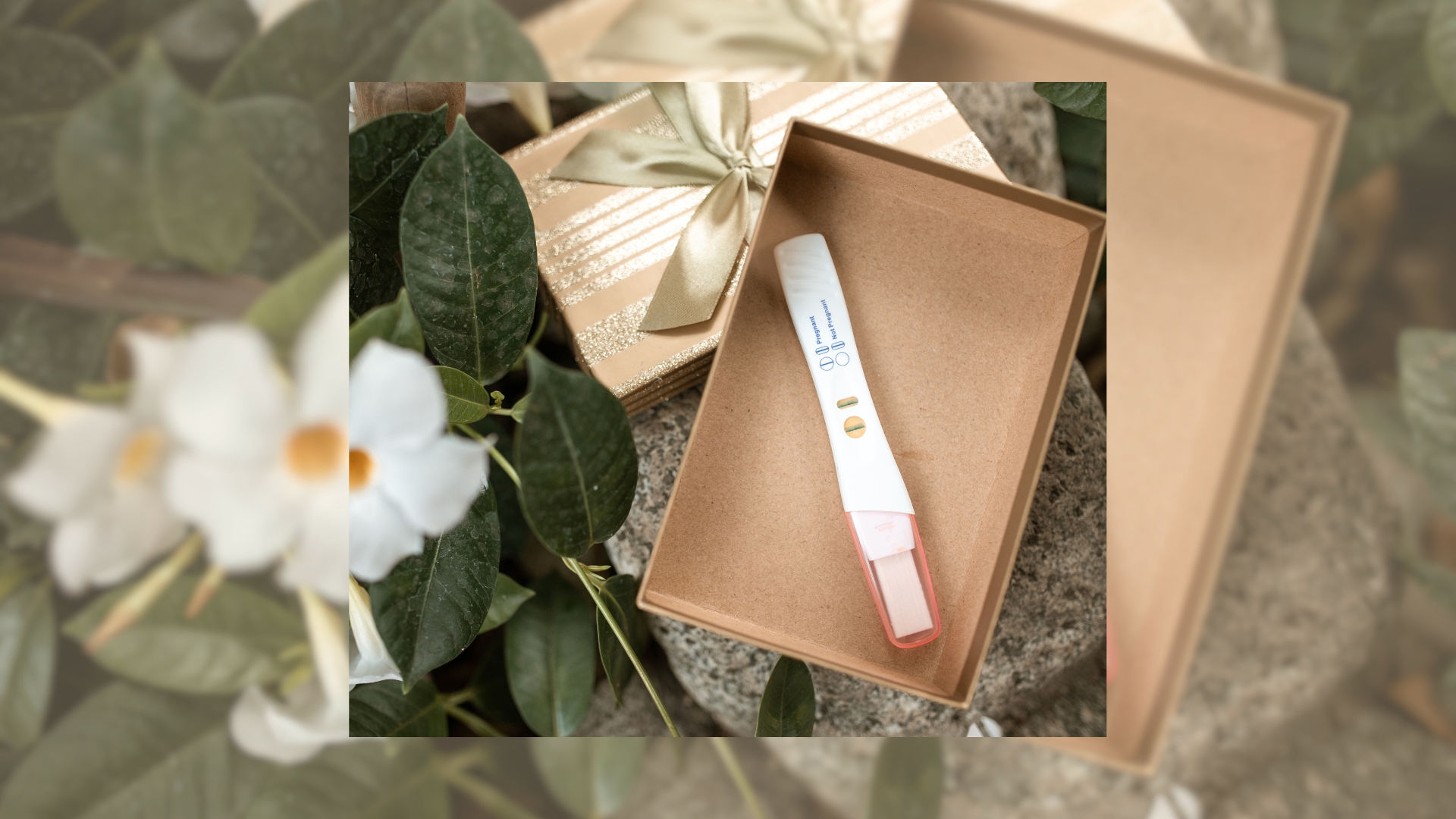The Science of Hope: Exploring How Donor Eggs Facilitate Pregnancy

For many individuals and couples facing fertility challenges, donor eggs represent a powerful symbol of hope. Advances in reproductive technology have made it possible for more people to build their families through egg donation. But how does a donor egg work in facilitating pregnancy, and what does the process involve? Read on to learn about the educational overview of how donor eggs are used to help create life.
What Are Donor Eggs?
Donor eggs are eggs retrieved from a healthy, screened woman who has agreed to donate them to someone struggling with infertility. These eggs are fertilized with sperm—either from a partner or a donor—in a laboratory setting. The resulting embryo is then transferred into the uterus of the future mother or a surrogate, where it may implant and develop into a pregnancy.
Who Benefits from Donor Eggs?
Many people turn to donor eggs for various reasons, including:
- Age-related infertility: Women over 40 often experience a natural decline in egg quality.
- Premature ovarian failure: A condition where ovaries stop functioning before age 40.
- Genetic conditions: To avoid passing certain hereditary diseases to a child.
- Same-sex male couples or single men: They use donor eggs with a surrogate to create a biological child.
The Process: How Does a Donor Egg Work?
- Selecting a Donor:
Donor selection is the first step. Our donors undergo rigorous medical and psychological screening to ensure health and suitability. Future parents can choose a donor based on physical characteristics, education, and other preferences.
- Synchronizing Cycles (if necessary):
In some cases, the donor’s and recipient’s menstrual cycles are synchronized using medications to optimize the timing of embryo transfer. Alternatively, frozen donor eggs can be used at a time that suits the recipient.
- Fertilization of the Donor Egg:
The donated egg is fertilized with sperm using in vitro fertilization (IVF). Depending on your fertility clinic’s techniques, this might involve traditional IVF or intracytoplasmic sperm injection (ICSI), where a single sperm is injected directly into the egg to enhance fertilization success.
- Embryo Development:
Fertilized eggs develop into embryos over several days in a controlled environment. Specialists monitor embryo quality to select the most viable option.
- Embryo Transfer:
A selected embryo is transferred into the recipient’s uterus using a thin catheter. Hormonal support helps prepare the uterine lining for implantation.
- Pregnancy Testing and Follow-Up:
After a short waiting period, a blood test confirms whether implantation has occurred, and a pregnancy has begun.
Success Rates with Donor Eggs
Donor eggs are often more successful than using a woman’s own eggs, particularly for women over 40. According to the American Society for Reproductive Medicine, donor egg IVF offers high success rates due to the use of eggs from younger, healthy donors.
Emotional and Ethical Considerations
While the science is advanced, using donor eggs involves important emotional and ethical questions. Many Future parents appreciate counseling to navigate feelings around using donor eggs and discussing future conversations with their children about their origins.
A Future Full of Possibility
Egg donation is a testament to the power of modern science and human generosity. Understanding how a donor egg works provides clarity and comfort to those embarking on this journey. With proper support and care, it offers a pathway to parenthood that transforms dreams into reality.
Register Today!
For more information regarding how to find an egg donor, please reach out to our team. Start your remarkable journey to parenthood with The World Egg and Sperm Bank toward today! Interested in becoming a future parent, then browse our egg donor or sperm donor list today!
Follow us on our socials!
Check out our Instagram, Facebook, and LinkedIn pages to see our content and learn more!


